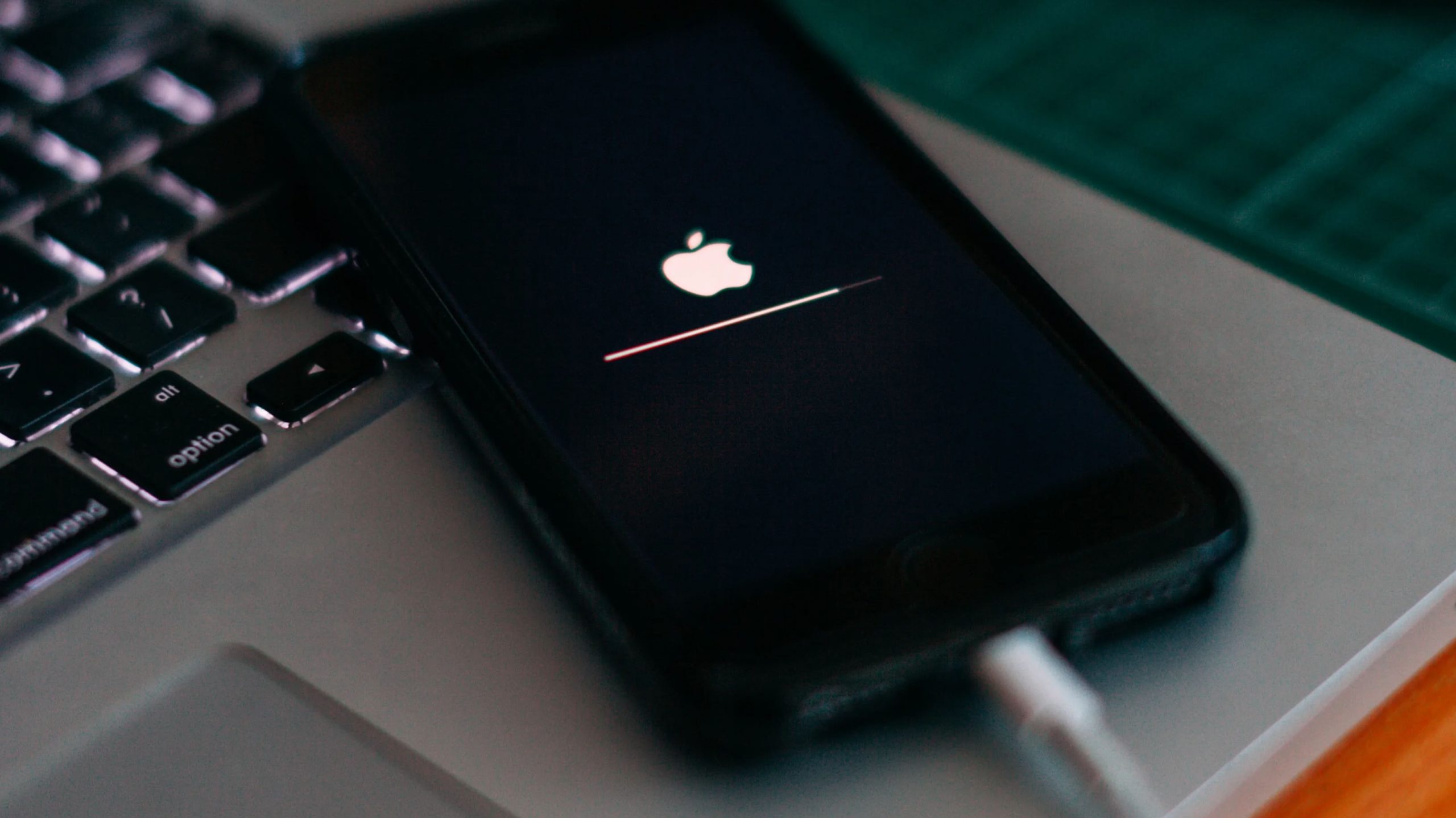Apple users can now
control who has viewership over an individual’s iCloud, from beyond the grave,
thanks to the new Legacy Contact feature. This allows users to hand over
control of the iCloud to a loved one at the time of their demise. The function
is part of the latest iOS 15.2 update that Apple has rolled out.
Previously, Apple
needed a court order from grieving relatives or loved ones, before private
information such as the deceased’s emails, text messages, and photos could be
accessed. Now, users have the autonomy to decide whether and who all this
information goes to, when they die.
Also Read | Apple decides to notify users if they have been spied on
Once the update is in
place, one has to go to Settings to activate the Legacy Contact, and choose up
to five trusted individuals, who can access the iCloud data. Once the shortlisting
is over, Apple generates a unique combination of numbers and letters, which
serves as the access key. This is directly sent to the nominees. If they do not
use Apple devices, then the access key must be physically printed and sent to
the individuals.
Also Read | Original Apple computer built by Steve Jobs gets auctioned for $400,000
There have been some
understandable concerns about snoopy individuals deciding to access the iCloud
even when the user is alive. However, Apple has the necessary security in place
to stop a breach of privacy. The death certificate has to be submitted as
proof, before access to the user’s cloud is granted. Apple staff can take up to
two weeks to verify its authenticity.
Also Read | Under pressure, Apple allow owners to self-repair iPhones, Macs
Apple’s most recent
move has received valid criticism from some quarters. Users have pointed out
they would like an update where the extent of information shared, can be
decided by the user choosing legacy contacts. The human instinct to keep
certain parts of one’s life private remains a driving force behind this demand.
While the feature is currently all or nothing, it remains to be seen if Apple
incorporates this feedback in subsequent updates.







